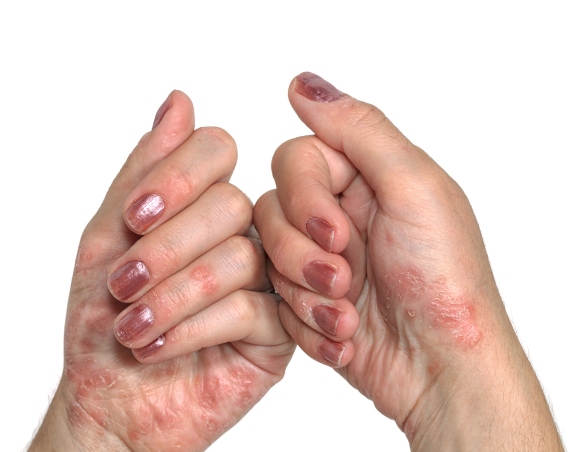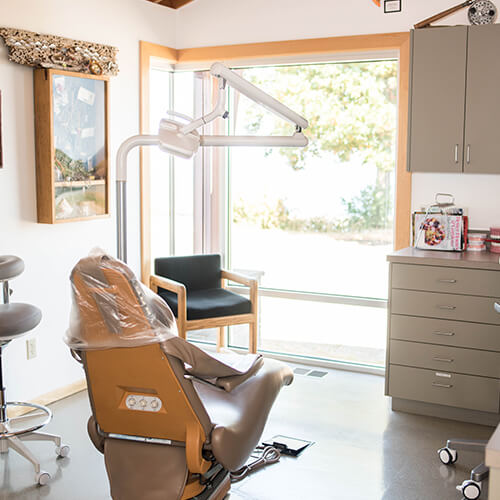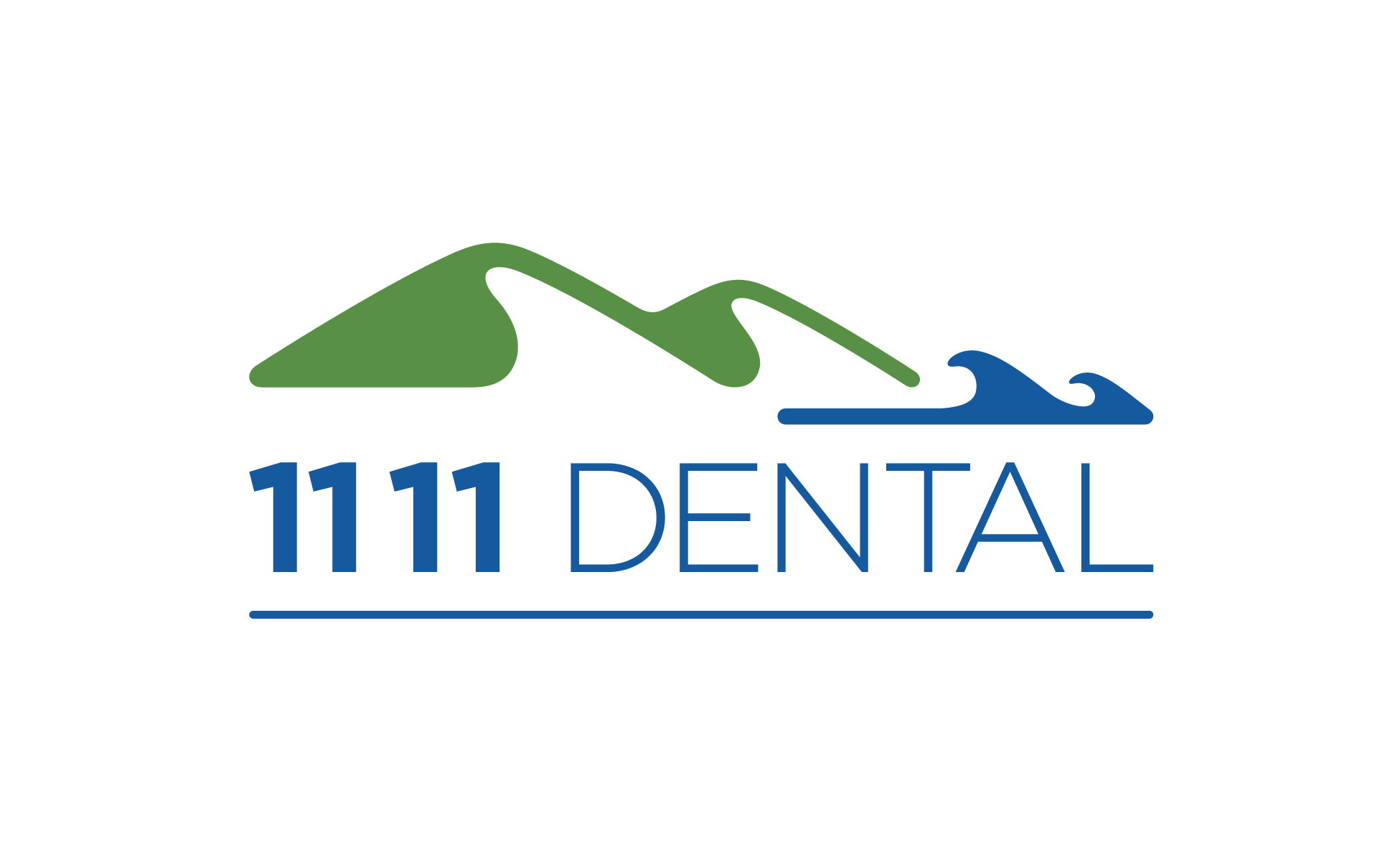Psoriasis affects 8 million Americans and over 125 million individuals worldwide. Psoriasis is the result of the immune system having a negative response and reproducing skin cells too quickly. Areas of red, thickened, and scaly patches of skin appear as a result of the body not shedding the skin cells fast enough. These patchy areas are what most people think of when they hear the word psoriasis.
Worsened by stress, alcohol illness and other factors
Psoriasis is thought to be worsened by stress, alcohol illness and other factors, but is classified as a genetic autoimmune disorder. If the overproducing skin cells make it to the oral cavity you may begin to see lesions in the mouth. Although the oral lesions are rare, if you’ve yet to be diagnosed with psoriasis, lesions on the lips can often be the first symptom. If you’ve already been diagnosed and notice lesions beginning in your mouth, speak with your dermatologist and dentist.

There are 5 different types of psoriasis:
– Plaque Psoriasis: This is the most common form and the one that most people are familiar with. It’s characterized by the scaly patches of skin mentioned previously. These lesions can be itchy and may even crack and bleed.
– Guttate: Seen as small round lesions. Possibly triggered by a strep infection and most commonly presents in childhood.
– Inverse: Shiny lesions usually found in skin folds, such as behind the knees, under the arms, etc. Inverse psoriasis is often found in combination with other forms of the disease.
– Pustular: Usually found on hands and feet, as the name suggests, this form is identified by white pustules. It may look like an infection, but it is not. The pustules are actually filled with white blood cells as a result of the immune response.
– Erythrodermic: This form of psoriasis is particularly severe, but is the most rare. It presents as an extreme redness all over the body. The skin may peel and is often itchy and painful. This form of psoriasis can be life-threatening and you should see a doctor immediately if it appears. Erythrodermic psoriasis is often found in individuals with uncontrolled plaque psoriasis.
The Link Involves the Immune Response
There is a lot of research that still needs to be done to determine how exactly this particular disease affects oral health other than its manifestation.
In a study from Norway, it was found that 24% of participants with psoriasis had moderate to severe periodontitis. In contrast, only 10% of the control group without psoriasis suffered from moderate to severe periodontal disease.
At the end of the study, the assumption is made that the link between the two diseases is likely involved in the immune response. No definitive link has been found, so more research is needed to further understand what if any impact periodontal disease and psoriasis have on each other.

Psoriasis can be very Difficult to Control.
All forms of psoriasis can be very difficult to control. It is our hope that further understanding will arise as research continues. If a link is found between psoriasis and periodontal disease we will strive to provide treatment that can ease the symptoms of both diseases if possible.
In the meantime, if you suffer from psoriasis or any autoimmune disease it seems that good oral health can often improve symptoms. At Eleven Eleven Dental we strive to provide the best care possible, and that means looking at how we can improve other diseases you may suffer from.
Good oral health is imperative for overall health! If you have psoriasis we would love to discuss your oral health and what can be done to improve it. If you have any questions, please let us know at your next visit.
References
National Psoriasis Foundation – https://www.psoriasis.org/advance/gum-disease-more-likely-in-people-with-psoriasis
NCBI – https://www.ncbi.nlm.nih.gov/pmc/articles/PMC4280688/
Mayo Clinic – https://www.mayoclinic.org/diseases-conditions/psoriasis/symptoms-causes/syc-20355840

At Eleven Eleven Dental, we believe your comfort should always come first. You will feel our warmth and compassion as soon as you walk through our doors.